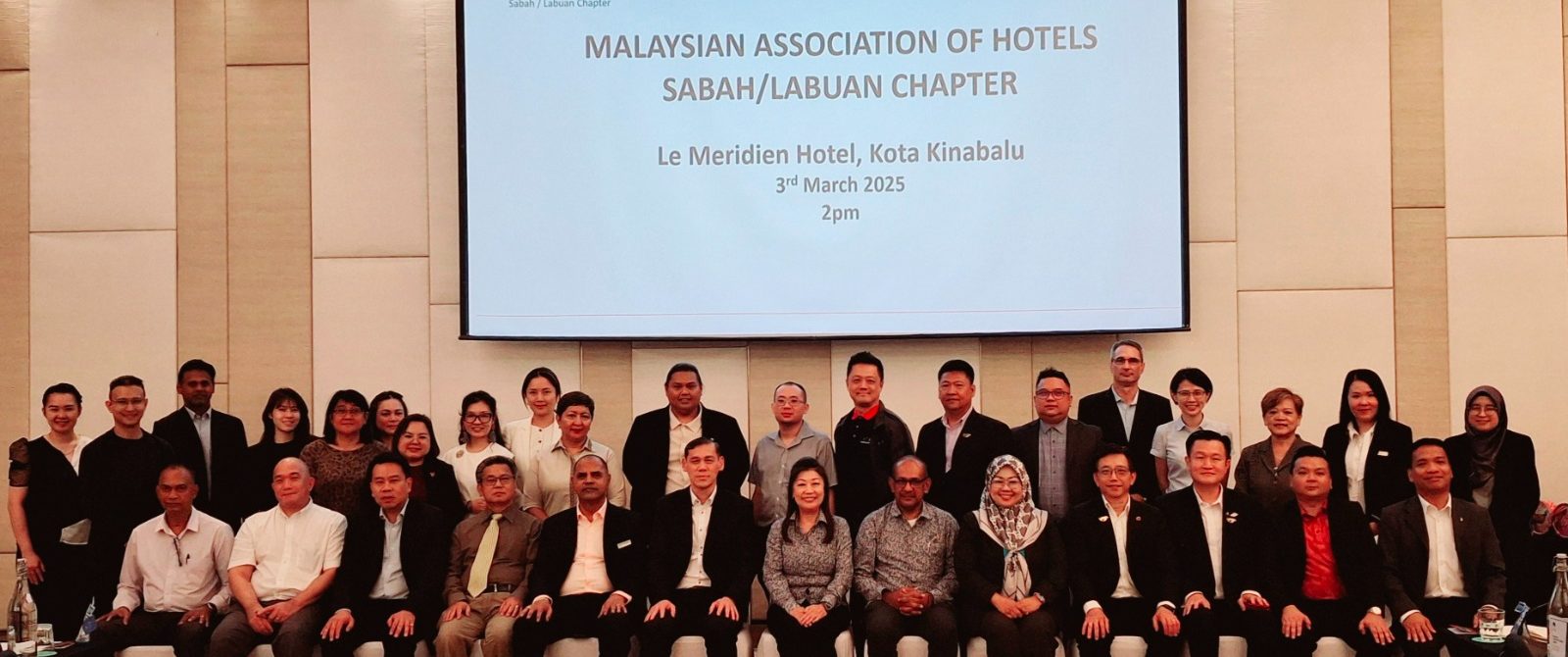The hospitality industry in Kota Kinabalu is facing an unexpected and deeply concerning crisis. The sudden reinstatement of the 1966 Hotel & Lodging Houses By-Laws has led to an extreme increase in licensing fees, putting tremendous financial pressure on hotels that are already struggling with high operational costs. This decision forces hotels to pay a fee for every occupied room per day, a sharp departure from the 1989 licensing structure, which only required an annual payment of RM10 per room.

Hafizan Wong, the Chairman of the Malaysian Association of Hotels (MAH) Sabah/Labuan Chapter, has voiced strong concerns over this drastic shift. He warns that such an increase could force hotels to cut services, lay off employees, or even shut down operations entirely. The situation is especially dire for mid-sized and budget hotels, which may not have the financial capacity to absorb the sudden spike in costs. Wong emphasizes that while hotels have always contributed to the city’s economy, this policy unfairly penalizes them while unregulated Short-Term Rental Accommodations (STRA) continue to operate without proper oversight.

Datin Christina Toh, President of MAH, has also called for a fairer and more balanced approach. She acknowledges the importance of contributing to city upkeep but insists that lawful businesses should not bear the financial burden alone. Instead of imposing such hefty fees on licensed hotels, she urges the Kota Kinabalu authorities to address the lack of regulation in the STRA market first. According to her, real prosperity in the tourism sector can only be achieved when all accommodation providers are held to the same standards and financial responsibilities.
This fee hike will have negative consequences on Kota Kinabalu’s tourism industry. Hotels may be forced to increase room rates to offset rising costs, making the city less attractive to both domestic and international tourists. With Malaysia already facing stiff competition from neighboring countries that offer more affordable accommodations, this move could drive travelers away. At the same time, the economic impact will extend beyond hotels, affecting local businesses such as restaurants, transportation providers, and tour operators. Job losses within the hospitality sector could also become a reality, particularly for small and mid-sized hotels that may not be able to absorb these costs.
While it is understandable that the city wants to generate revenue for infrastructure and tourism development, the approach must be fair and sustainable. Instead of placing the financial burden solely on hotels, the government should prioritize closing regulatory gaps within the STRA market. By ensuring that all accommodation providers contribute to city upkeep and tourism development, authorities can create a balanced and equitable system.
MAH has taken a proactive stance by calling for a suspension of the new fees until thorough discussions can take place. A fairer licensing structure that considers the realities of hotel operations, coupled with clear STRA regulations, is the way forward. The Sabah State Government must engage with industry stakeholders to craft policies that support growth rather than stifle it. If no action is taken, the consequences could be severe, not just for hotels but for the entire tourism economy of Kota Kinabalu.














